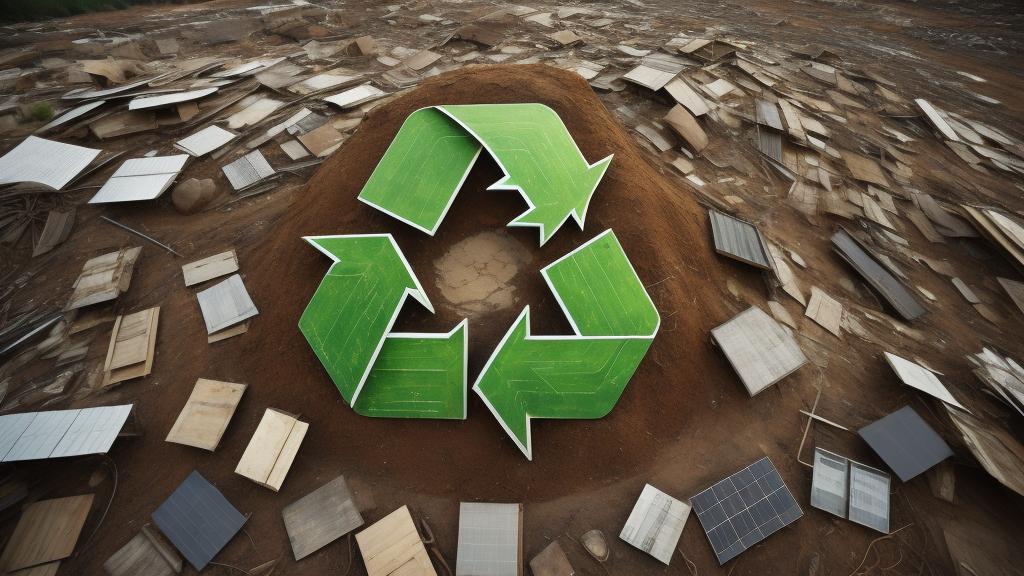Discarding old electronics has become second nature to many of us, but what happens when the lifespan of our solar panels comes to an end? Until recently, this question had few answers, sparking environmental and industrial concerns. Now, solar panel recycling is emerging as a critical solution, embodying the virtues of sustainability and economic viability.
Solar panels aren't immune to decay. Despite their impressive longevity, typically around 25-30 years, these technological marvels do eventually wear out. Given that the surge in solar energy adoption began in the early 2000s, this means a substantial number of panels will soon reach their end-of-life phase. Proper disposal is imperative, and recycling provides a potent antidote to the looming e-waste crisis.
Why does this matter? The composition of solar panels includes valuable materials such as silicon, silver, and aluminum, along with less benign substances like lead and cadmium. If discarded in landfills, these materials can leach into the soil and groundwater, causing significant environmental harm. Recycling not only mitigates these risks but also recaptures precious resources, reducing the need for virgin material mining.
The process of recycling solar panels is multifaceted. Initially, the panels are dismantled, allowing for the separation of glass, metals, and other components. The glass, which constitutes a major portion of the panels, is often clean enough to be melted down and repurposed. Silicon cells, another crucial part, can be processed and refined, although this is more complex and less efficient. Metals like silver and aluminum are easier to retrieve and have high market value.
Several companies and initiatives are spearheading solar panel recycling efforts. For instance, First Solar, one of the largest solar manufacturers, has integrated recycling into their business model, achieving impressive recycling rates. Startups such as We Recycle Solar specialize exclusively in this field, driving innovation and efficiency.
Governments are also playing a crucial role, with the European Union leading the charge through its stringent e-waste regulations. The EU's Waste Electrical and Electronic Equipment (WEEE) directive mandates that producers finance the collection, treatment, and recycling of end-of-life solar panels. Other regions, including the United States, are beginning to follow suit, albeit at a slower pace.
Public awareness and engagement are paramount to the success of solar panel recycling. Just as consumers have embraced recycling paper, plastic, and metal, understanding the importance of recycling solar panels is essential. Educational initiatives and transparent reporting from solar companies can foster trust and participation.
The economic implications are undeniably significant. As the global solar market grows, so does the potential for a robust recycling sector. This burgeoning industry can create jobs, stimulate technological advancements, and foster sustainable economic growth. Moreover, the reclaimed materials can reduce manufacturing costs for new panels, making solar energy even more affordable.
Challenges remain, particularly with standardizing recycling procedures and improving the efficiency of silicon cell recovery. However, the trajectory is optimistic. Collaborative efforts between governments, private companies, and the public can drive continuous improvement and innovation.
In conclusion, solar panel recycling represents a crucial step towards a sustainable future. By responsibly managing the end-of-life phase of solar panels, we can protect our environment, conserve resources, and promote economic resilience. The journey of a solar panel doesn't end with its last ray of sun; rather, it transforms into an opportunity for renewal and growth.
How solar panel recycling is shaping a sustainable future

